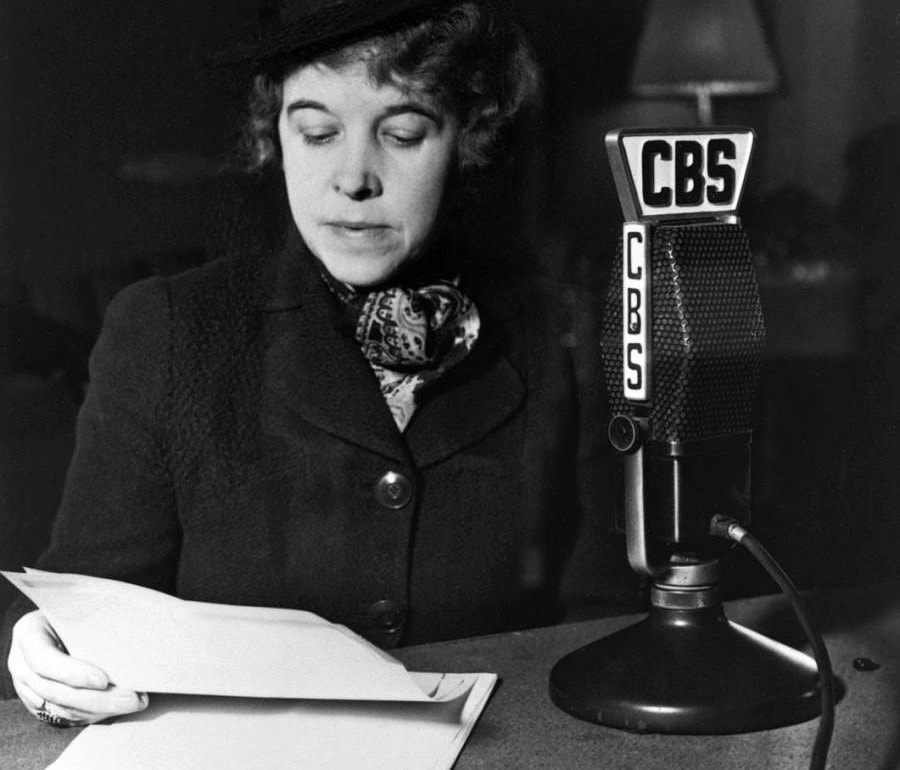265 YEARS AGO (1750)
The General Court in Boston passes an act to “prevent stage plays and other theatrical entertainments.” The legislation aims to quell “the many and great mischiefs which arise from public stage plays, interludes and other theatrical entertainments which not only occasion great and unnecessary expenses, and discourage industry and frugality, but likewise tend generally to increase immorality, impiety, and a contempt of religion.” One half of the 5-pound fine is to be paid to “his Majesty for the use of the Government.” The law will not be repealed until 1793.
150 YEARS AGO (1865)
Actor John Wilkes Booth, son of renowned thespian Junius Brutus Booth and brother of celebrated tragedian Edwin Booth, shoots and kills President Abraham Lincoln at Ford’s Theatre in Washington, D.C., during a performance of the English comedy Our American Cousin. Booth will return to the stage as a character in Stephen Sondheim and John Weidman’s 1990 musical Assassins.
100 YEARS AGO (1915)
La Nuit Futuriste!, a variety show billed as “non-institutional, non-sectarian, non-uplift, and non-compos mentis,” is offered at the Hatch Galleries in Cleveland, Ohio. The event marks the first recorded interaction of several founders of the Cleveland Play House, considered the first regional theatre in the U.S., which will be established later in the year.
80 YEARS AGO (1935)
The Emergency Relief Act is passed as part of FDR’s New Deal, providing funding for the Federal Theatre Project. Under the leadership of theatre director and Vassar professor Hallie Flanagan, the FTP will launch numerous programs, including Living Newspapers and the Negro Theatre Project. Acclaimed FTP artists include Arthur Miller, Susan Glaspell and Orson Welles.
The Old Globe, in San Diego, Calif., breaks ground as part of the California Pacific International Exposition at Balboa Park. Thirty-two days of construction will give way to the theatre’s opening with a repertory of 50-minute versions of Shakespeare plays. Thomas Wood Stevens designs the theatre, which will accommodate 580.
70 YEARS AGO (1945)
Dramatist August Wilson is born Frederick Kittel Jr. in Pittsburgh, the city that will become the setting of most of his most celebrated plays. Wilson’s “Pittsburgh” or “Century” cycle will document African-American life through 10 plays, one for each decade of the 20th century, including Pulitzer winners Fences (1987) and The Piano Lesson (1990).
75 YEARS AGO (1940)
Chicago’s Negro Light Opera Assocation stages its inaugural effort, Tropical Pinafore, a “semi-swing version” of Gilbert and Sullivan’s light opera, at the Great Northern Theatre. Press says “the show varies from sweet to hot.” The production is choreographed by Katherine Dunham, who will become a leading figure in the modern dance world and will also make her mark fighting racial discrimination.
65 YEARS AGO (1950)
Juanita Hall becomes the first African-American woman to win a Tony Award when she is named the best supporting actress for her portrayal of Bloody Mary in Rodgers and Hammerstein’s South Pacific. Though she will reprise her role as Bloody Mary in the film version of South Pacific, Rodgers and Hammerstein will insist on dubbing her voice with opera singer Muriel Smith.
50 YEARS AGO (1965)
Playwright LeRoi Jones (who will later change his name to Amiri Baraka) opens the Black Arts Repertory Theatre/School (BARTS) in New York City’s Harlem district, with the financial assistance of the Harlem Youth Project. The endeavor will be cited as the beginning of the Black Arts movement, which directly addresses issues facing the African-American community.
30 YEARS AGO (1985)
In Rochester, N.Y., the Geva Theatre (short for Genesee Valley Arts Foundation) inaugurates its new 500-seat venue with the world premiere of local dramatist Thomas Babe’s Civil War play Planet Fires. The move to the $2.8-million building, a former naval armory and convention hall, was prompted by Geva’s growth as a major regional company since opening its doors in 1972.
25 YEARS AGO (1990)
The Piano Lesson, the fourth work in August Wilson’s play cycle, makes its Broadway debut. The piece will earn Wilson his second Pulitzer, after 1987’s Fences.


